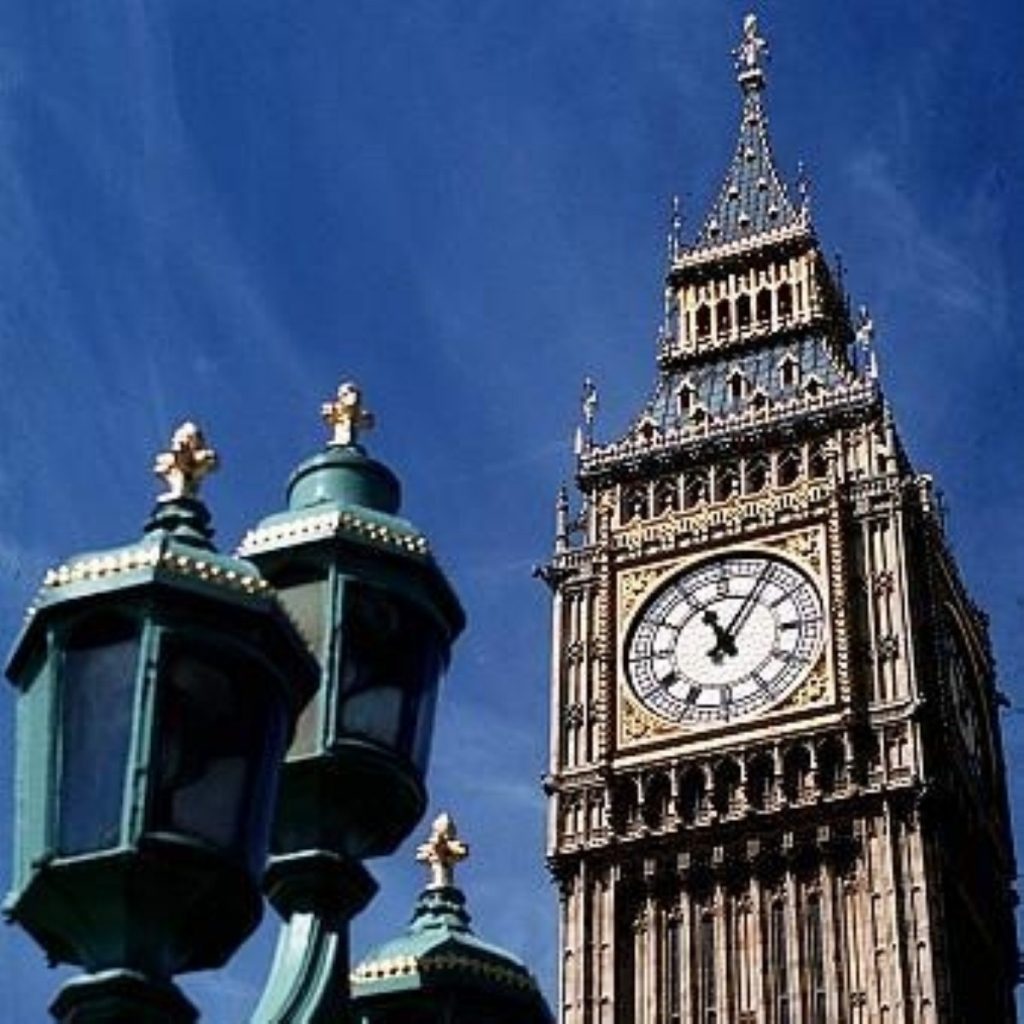Analysis: What’s in the Queen’s Speech and what does it mean?
The most interesting thing about the Queen's Speech was what wasn't in it.
Firstly, gay marriage. Equalities minister Lynne Featherstone said the legislation would be in place by 2015 and the consultation is currently ongoing. But the fact it wasn't in there today suggests the government is trying hard not to upset right-wing Tory MPs and the handful of ministers who are uncomfortable with it.
There was also no movement on social care. This is a good litmus test of a government's mojo. An eager, daring government would be trying to sort out something which everyone recognises as a big problem for the country. Today the coalition just kicked it resolutely into the long grass. Similarly to before the general election – when cross-party talks fell apart and the Tories started campaigning on a Labour 'death tax' – it's not getting sorted.
On a handful of other major, mostly constitutional issues, there was just a holding pattern. We got no new details on Lords reform, just confirmation of what we had suspected already. It will be mostly elected, reflect society, be elected in thirds for 15 years terms etc. We still don't know if it will require parliamentary consensus, which is as likely to happen as reaching consensus on deficit reduction. But it was in there – that's important. The government hasn't caved in to its backbenchers just yet, despite the local election results.


Similarly, on reform of the rules to the royal succession, talks are still ongoing with members of the Commonwealth.
What was in there?
Importantly, libel reform featured and got a detailed, decent-looking bill. There will be a 'Simon Singh clause' extending qualified privileges to medical and scientific journals. This follows from the attempt by chiropractic practitioners to sue him for saying their methods might not work on asthma.
Defamation will need to have caused "serious harm" for it to proceed to trial. There will be new statutory defences for public interest publication (previously the Reynolds defence) and truth and honest opinion. That basically puts case law on a statutory footing. There will also be a tightening of the rules on defendants so that they must live in the UK or the EU if the action is to proceed. That should cut down on some libel tourism.
The snoopers' charter was in there too, which would allow security services access to the time, length, phone number or email and geographical location of your electronic communication. The data would be collected by communication service providers and be retained for 12 months.
That won't please civil liberties advocates. Neither will the survival of the justice and security bill, which allows courts to hear national security information in secret.
David Cameron's 'big society' plans haven't quite died off yet. There's a draft local audit bill which will close the Audit Commission and allow local authorities to do their own audit arrangements.
A small donations bill will mean that any donation to charity of £20 or less will not need a gift aid declaration. That is a bit of an olive branch to charities after the brouhaha over charitable giving after the Budget. It probably won't make up for it.
The government's briefings overnight encouraged journalists to lead with the family friendly package, which is intended to show the coalition is not exclusively focused on the economy.
For what it's worth, there is some sensible-looking stuff in it. The children and families bill will cut red tape on early specialist treatment for children with disabilities and special educational needs. Ethnic minority babies will be adopted quicker due to new rules on inter-ethnic adoption, which are welcomed by pretty much everyone, barring a couple of Guardian Comment is Free articles. There would be improved access to flexible parental leave, although the exact details are not available yet. Laws would be "strengthened" to ensure children have regular contact with both parents after divorces, although again no details on how. There would be a six-month limit on family law cases, with efficiency drives getting rid of unnecessary legal traditions, such as interim care and supervision orders needing to be renewed every month by a judge.
The economic policy is mostly a rehearsal of measures we've heard before. The enterprise and regulatory reform bill will cut down regulation, introduce the green investment bank and bring together the Competition Commission with the competition bits of the Office of Fair Trading to form a new Competition and Market Authority. That's all old news.
Banking reform and action on directors' pay are also old news, but their presence in the Queen's Speech suggests there will be action sooner than we expected and it reaffirms some faith in the government's commitment to doing something about it. Repealing section 439(5) of the Companies Act 2006 will allow the government to make directors' pay contingent on the outcome of a shareholder vote on the remuneration board.
Meanwhile, the Vickers report on banking reform might just be implemented sooner rather than later. For a while it looked as if the grass it was being kicked into would be too long for it to appear in this year's Queen's Speech. But there it is, ready to be turned into legislation through the banking reform bill.
So is this the action of an eager government, full of chutzpah and momentum? No. Most economic policies are old news, the constitutional issues have been mostly put on a holding pattern and major problems like social care have been left well alone. But there are some daring little bits in there. I'm thinking primarily of the libel reform bill and, to a certain extent, the families stuff, although that depends on the details.
Civil liberties activists have a fight on their hands on secret courts and snooping. And finally, there are some signs the government is trying to avoid a fight with its backbenchers on sensitive subjects like gay marriage and House of Lords reform.

